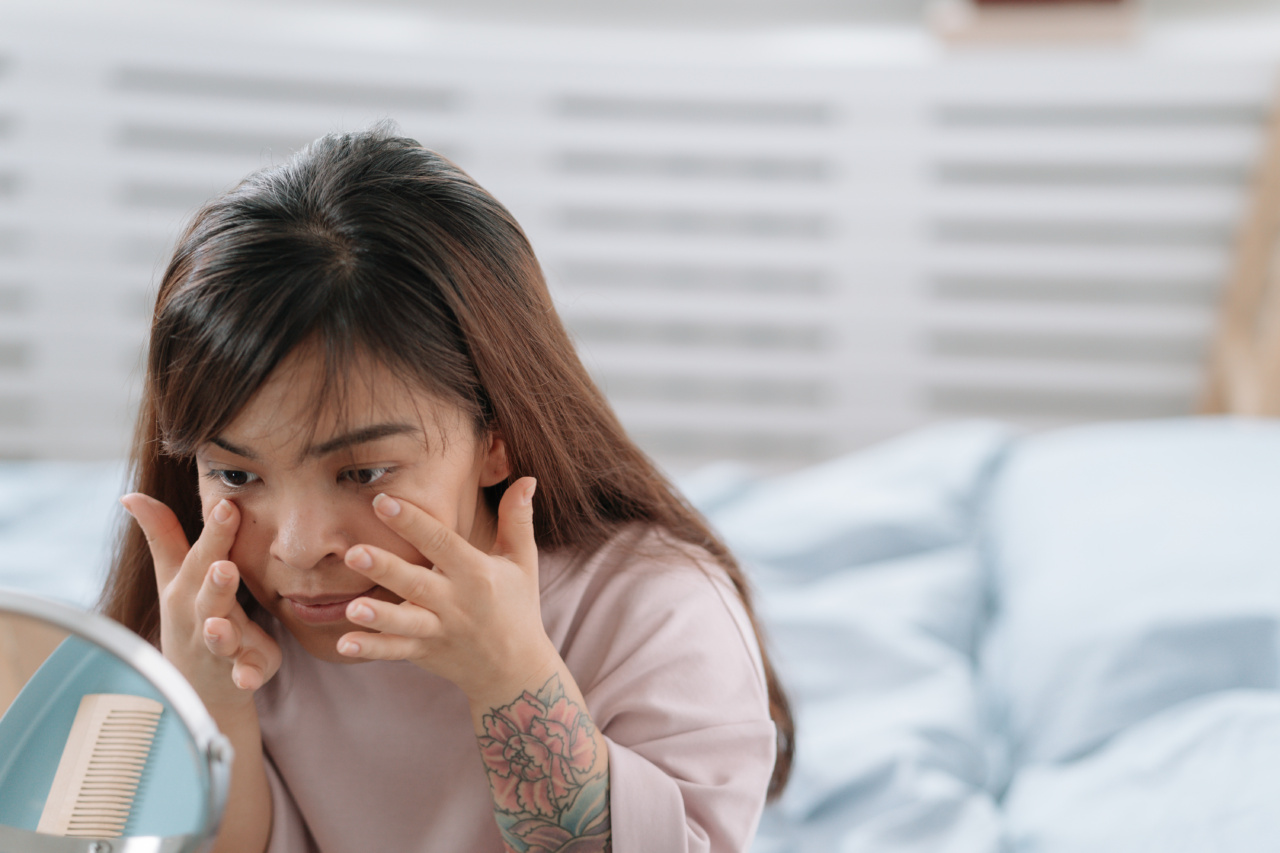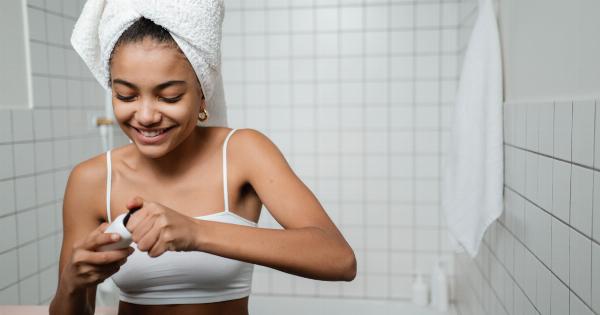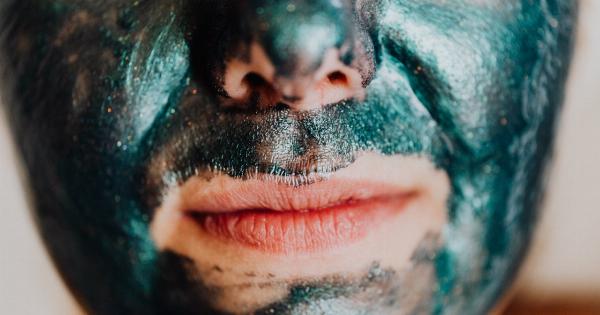Getting a tattoo is an exciting and personal experience.
Whether you’re planning to get your first or have already adorned your skin with various artworks, taking proper care of your tattooed skin is essential to maintain its vibrant colors and to ensure the longevity of the design. From the moment you step out of the tattoo studio, there are specific guidelines you should follow to promote healing and prevent any complications. Here, we will discuss the best practices and aftercare tips to care for your tattooed skin.
1. Listen to Your Tattoo Artist
Your tattoo artist is the expert when it comes to tattoo aftercare. They have the experience and knowledge to guide you on how to keep your tattoo looking its best.
They will likely provide you with specific instructions tailored to your tattoo, including how long to keep the bandage or wrap, when and how to clean it, and what products to use for aftercare.
2. Keep It Clean
Once you remove the initial bandage, it’s crucial to keep your tattoo clean to prevent infection. Wash your hands thoroughly and use a mild, fragrance-free cleanser to gently clean the tattooed area.
Avoid using harsh soaps, loofahs, or scrub brushes during the healing process, as they can irritate the skin and damage the design.
3. Pat, Don’t Rub
After washing your tattoo, pat it dry with a clean towel or let it air dry. Avoid rubbing the tattooed area as it may cause irritation or damage the healing skin.
Patting gently helps prevent the introduction of unnecessary bacteria and keeps the skin intact.
4. Moisturize Regularly
Properly moisturizing your tattoo is essential to keep the skin hydrated and prevent excessive dryness which can lead to scabbing and itching.
Apply a thin layer of recommended tattoo-specific lotion or a fragrance-free, dye-free moisturizer to your tattooed skin. Gently massage the lotion into the tattooed area until fully absorbed. Repeat the process at least twice a day or as advised by your tattoo artist.
5. Protect from the Sun
The sun’s harmful UV rays can fade the colors of your tattoo and damage the skin. Avoid direct sunlight and tanning beds during the healing process.
Once your tattoo is fully healed, apply a broad-spectrum sunscreen with a high SPF regularly to protect it from fading and to maintain its vibrancy.
6. Avoid Scratching and Picking
As your tattoo heals, it may become itchy. However, scratching or picking at your tattooed skin can disrupt the healing process and cause irritation or infection. Instead, gently tap or slap the area to alleviate the itchiness.
If the sensation persists, consult your tattoo artist or a dermatologist for further advice.
7. Be Mindful of Clothing and Bedding
During the healing process, it’s essential to wear loose-fitting clothing made of breathable fabrics to avoid excessive friction and irritation against your tattooed skin.
Additionally, ensure that your bedding is clean and comfortable, avoiding rough or irritating materials that may disrupt the healing process.
8. Stay Hydrated and Eat Nutritious Foods
Proper hydration and a well-balanced diet contribute to healthy skin healing. Drink plenty of water to keep your body and skin hydrated.
Consume foods rich in vitamins A and C, zinc, and omega-3 fatty acids to support the healing process of your tattooed skin.
9. Avoid Swimming
Swimming pools, hot tubs, and natural bodies of water can introduce bacteria and chemicals that are harmful to your healing tattoo. Avoid submerging your tattooed skin in water for at least two weeks or until it is fully healed.
If you can’t resist taking a dip, cover your tattoo adequately with a waterproof, hypoallergenic bandage or wrap.
10. Schedule a Touch-Up if Needed
After your tattoo has healed, some areas may require a touch-up to enhance the color saturation and clarity of the design.
If you notice any areas that didn’t retain their intended appearance, consult your tattoo artist to schedule a touch-up session.































